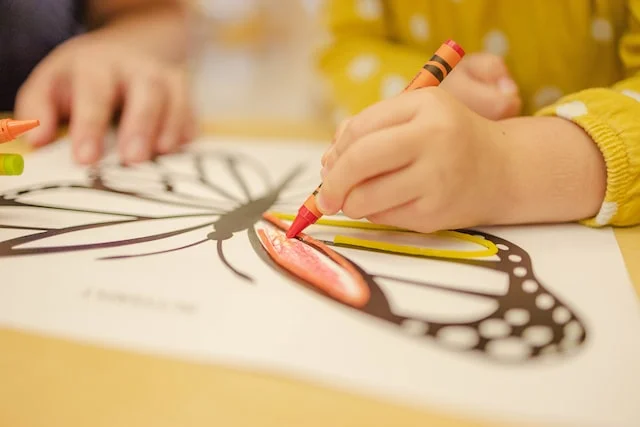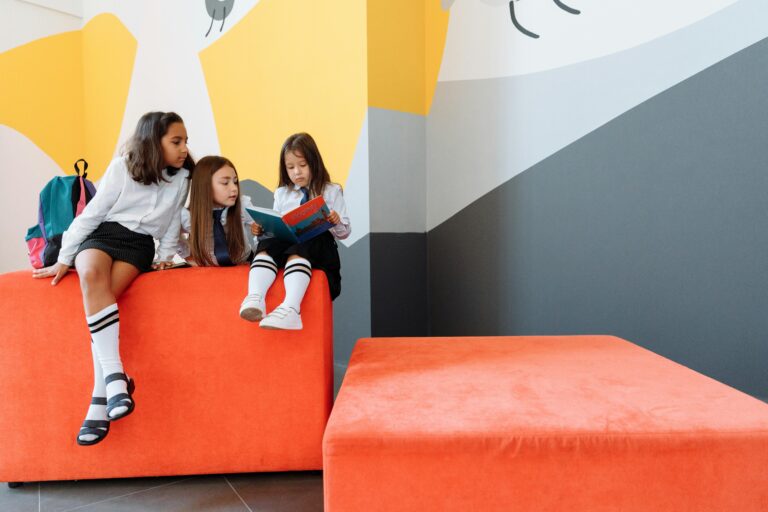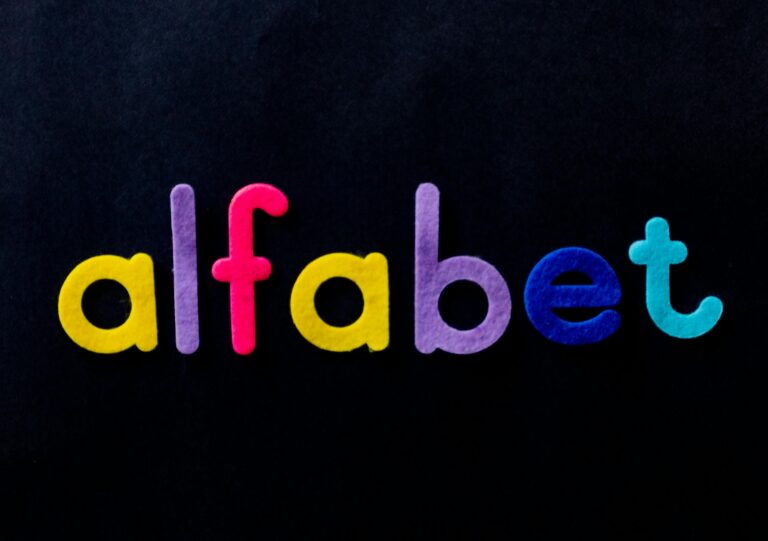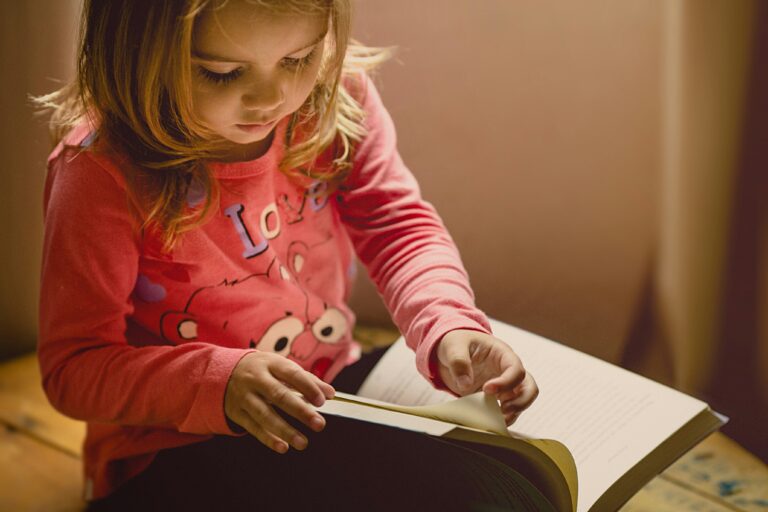School readiness is determined at school enrollment. These are usually months of mixed feelings. Some children are already bored in kindergarten and want more, some children are still a long way away from school life for us parents.
4 tips for school readiness
- Trained sensory perceptions
- Three-dimensional balance
- Hand-eye coordination
- Pen holding

School readiness - what does it mean?
What does my child need for a successful start to school? Why do they need anything at all? Nowadays, we often get the impression that we need something for everything. Developments that used to happen without much notice and were taken for granted are now being questioned.
Fit for school
On the one hand, science and research are generating more and more knowledge about learning and development. On the other hand, environmental influences, lifestyle and the pace of modern life have an undeniable impact on our children.
Free time, free play, movement in nature and the associated discovery are no longer comparable to what we were able to experience in our childhood. However, these are necessary developmental steps that have an impact on learning and behavior.
We should not deny the changed circumstances and make use of the available knowledge. Thanks to science and research, there is now a great deal of knowledge about the prerequisites for stress-free learning. Well-functioning sensory perceptions are the basis for stress-free learning.
With its movement exercises, Evolutionary pedagogy® creates the individual conditions for learning to take place in a relaxed and stress-free manner. A fine interplay is needed to meet the demands of school in a relaxed manner.
Well-trained sensory perception. This includes precise hearing, precise vision and good body and spatial perception.
Three-dimensional balance refers to an automated understanding of right/left, up/down, front/back.
Coordinated hand-eye movement is important in order to be able to copy correctly.
Correct pencil holding is often underestimated. This is already formed in kindergarten and should be guided in the right direction at an early age. This is necessary in order to develop fluent handwriting and to be able to keep up with the increasing pace of writing at higher school levels.
These prerequisites can be playfully developed through targeted movement exercises can be created. As mental development is prepared on a physical level, all the conditions are met to ensure a good start to school and to meet the new skills of reading, writing and arithmetic with ease and enjoyment.
The first years of school are very important for our children - I even think they are the most important years of school. Why? The easier it is for your child to start school, the easier it will be for them to progress and the better they will store this new experience. It's not just about the 'school setting' and the associated procedures such as punctuality, concentration and curiosity. It is primarily about learning the basics - reading, writing, arithmetic - on which everything builds and how your child discovers this for themselves.
Because I derive my behavior from how I perceive something (do I have to struggle, do I do well, do I enjoy it) and that becomes my experience. This has an effect on everyday school life and on the completion of daily homework.
The joy of understanding something and being able to do something new is incredibly powerful. Starting out with the right prerequisites saves our children and ourselves a lot of suffering and stress.
More information about the Evolutionary pedagogy® and field reports as well as the network of evolutionary educators in your area.





